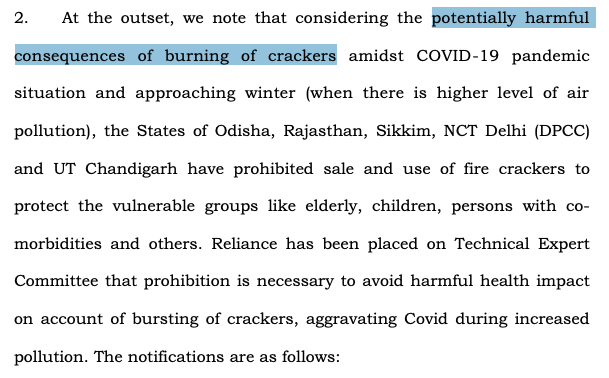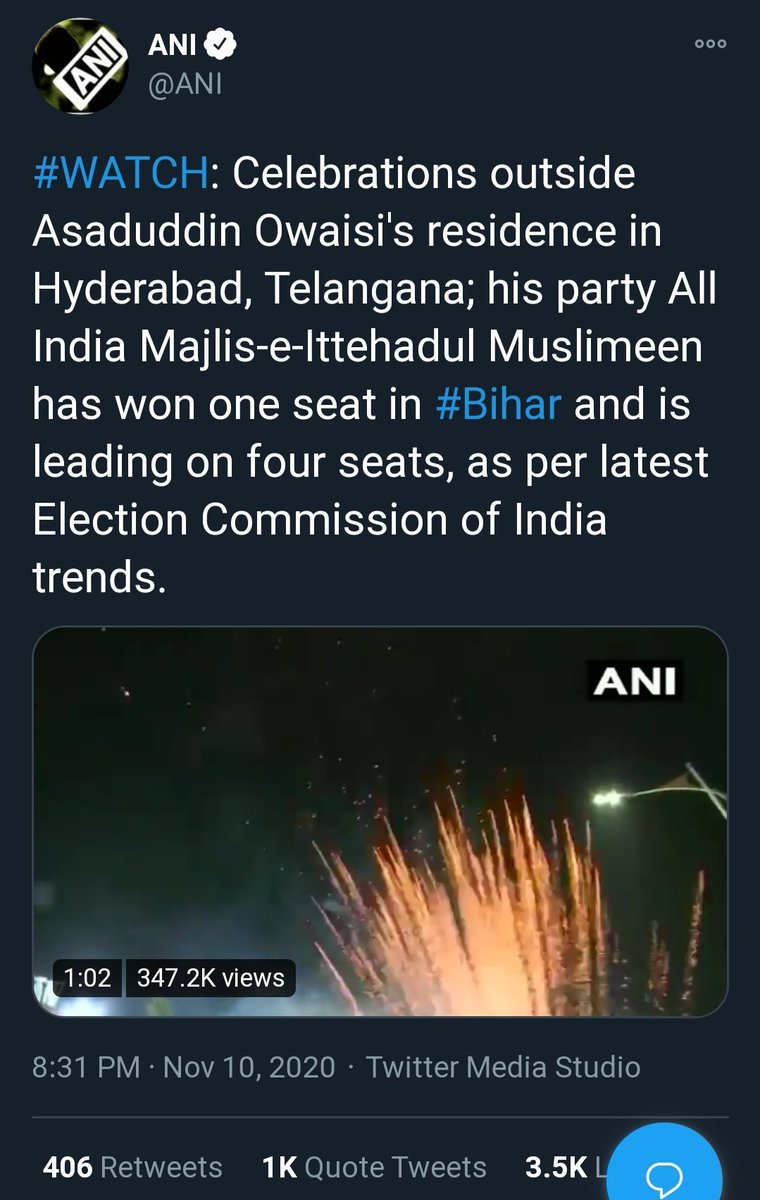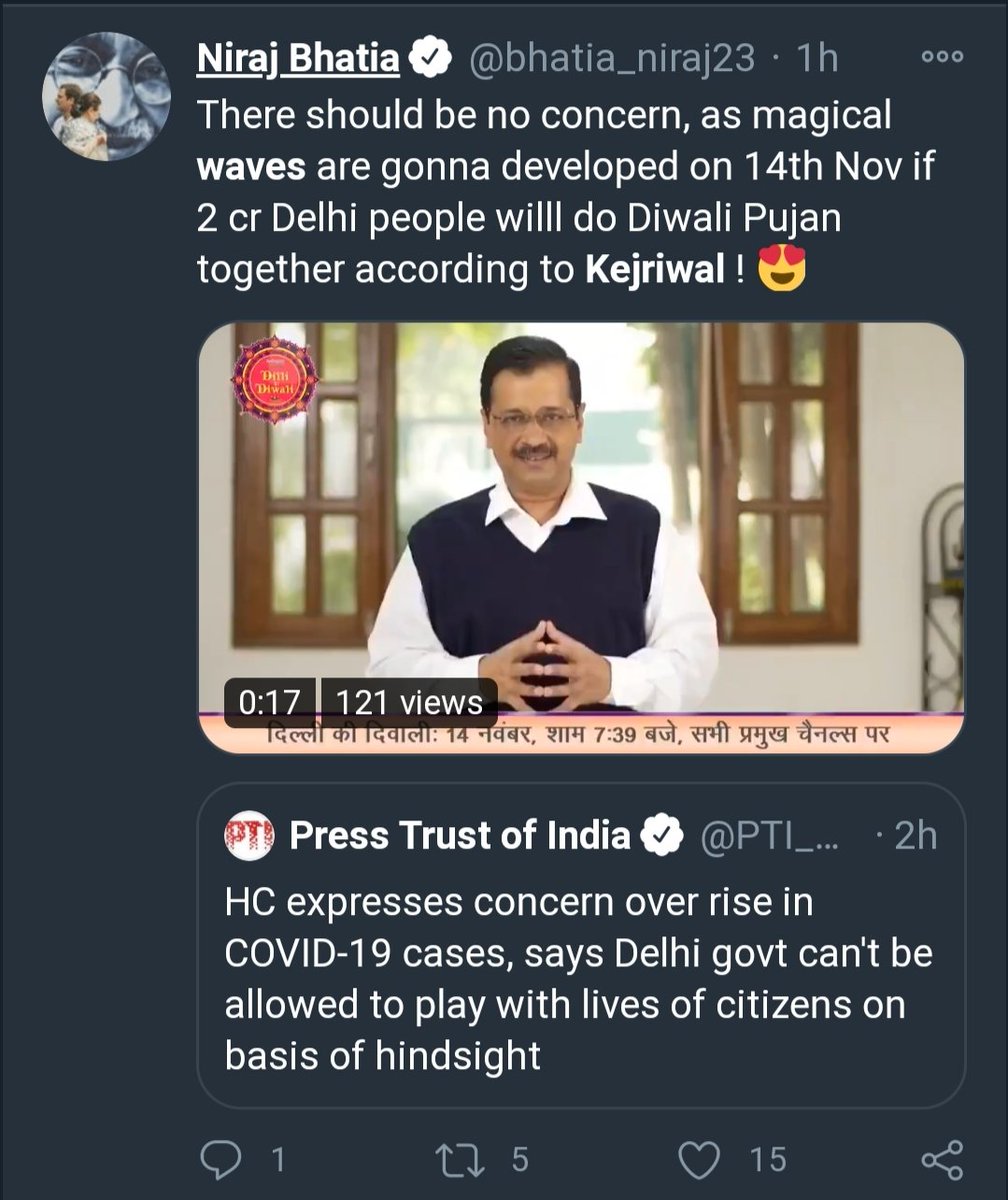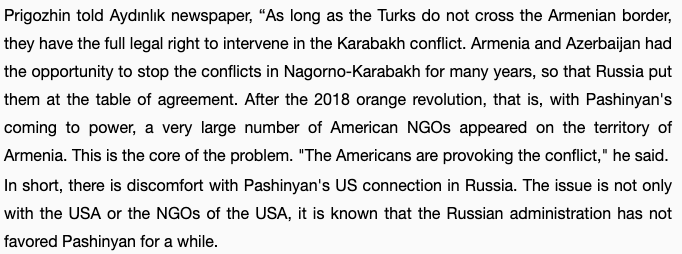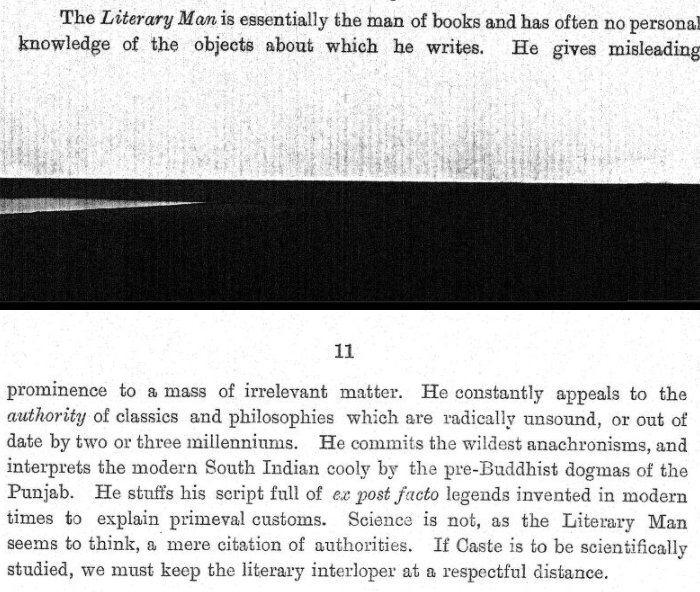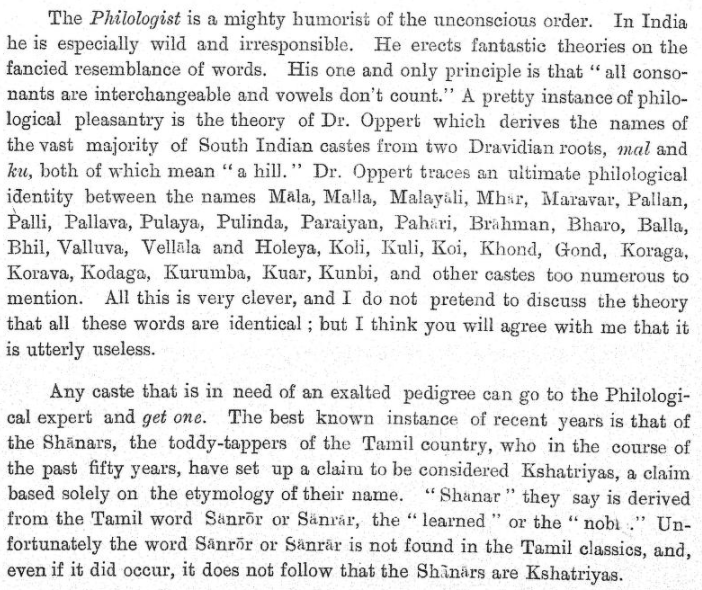
We Hindus talk about Dharmayuddha and eventual victory. We say Pandavas suffered for 15 long years and ultimately prevailed. All is fine. But the fundamental issue is, had Bhishma and other elders took a stand when they were supposed to,
lakhs of deaths would have been avoided. Remember that lesson from Mahabharata. Bhishma's incompetence led to death of lakhs. Victory ultimately was with Dharma. But at what cost? Juxtapose this with today's situation.
Dharma will prevail. We have an option to avoid the mistake Bhishma did. Do we have the firmness to take a call? For me, the three most important lessons from Mahabharata?
1. Bhishma's indecisiveness
2. Duryodhana: Acting as if there is no war will not avoid war
1. Bhishma's indecisiveness
2. Duryodhana: Acting as if there is no war will not avoid war
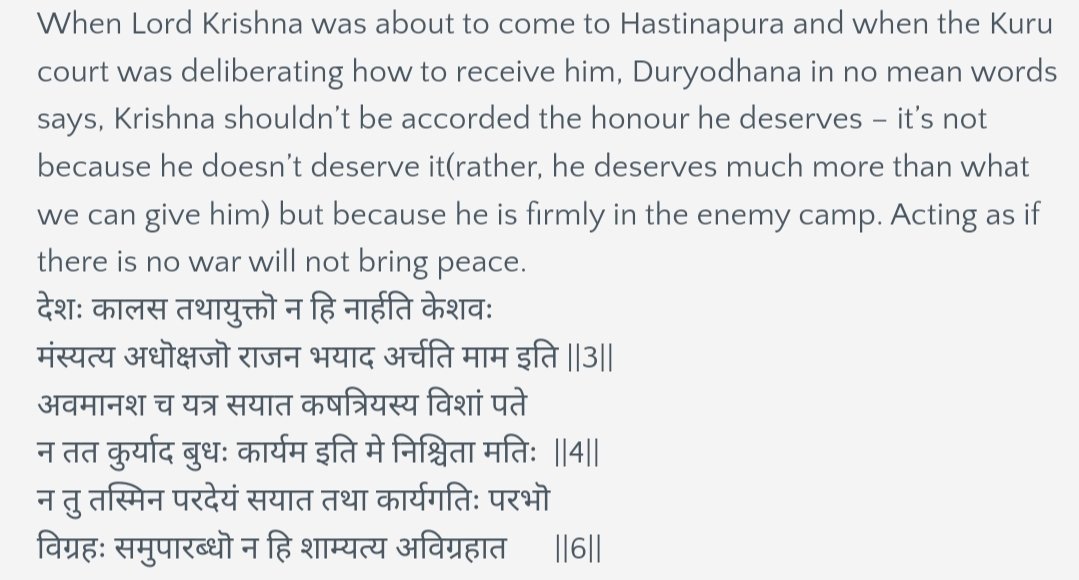
• • •
Missing some Tweet in this thread? You can try to
force a refresh


